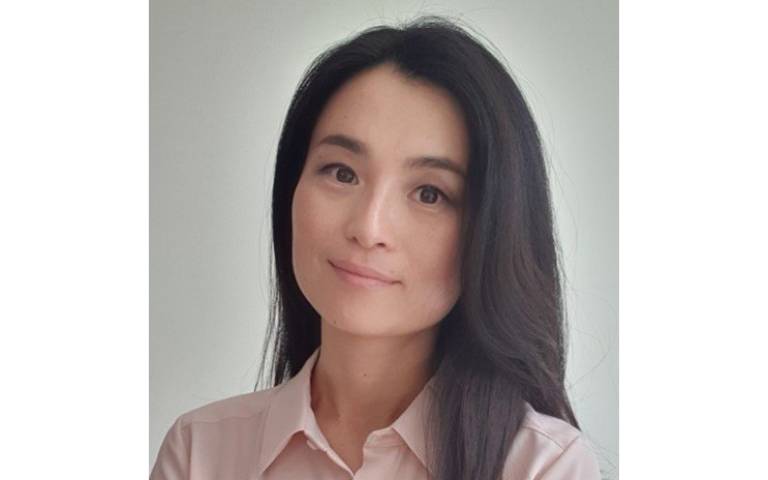Women and Girls in Science 2024: Dr Mina Kim
11 February 2024

In celebration of the International Day of Women and Girls in Science, BIOREME conducted an interview with Dr Mina Kim, a Senior Research Fellow from UCL Medical Physics. Dr Kim actively contributes to their network, focusing on advancing research and enhancing our understanding and treatment of lung diseases.
What is your education background and current area of research?
I have completed my PhD in medical physics from the University of Minnesota, USA. Currently, I work as a physicist at University College London. My research focuses on improving a medical imaging technique called magnetic resonance imaging (MRI) to help us understand diseases like cancer, multiple sclerosis, and chronic lung diseases (CLDs) better. Specifically, I'm working on new ways to use MRI to find diseases early and keep track of how they change over time in people with CLDs. My ultimate research goal is to develop novel tools contributing to treatments that are customised to each person's specific condition. This could help around 700 million people worldwide who have CLDs.
What prompted you to pursue a career as researcher?
I have always been curious about how things operate. When I was studying physics during my master's in South Korea, I got the chance to work on a special antenna called a radiofrequency (RF) coil for MRI machines. The RF coil helps the MRI machine send and receive signals to and from the human body. Working on this project showed me how physics can be used in medicine, which was eye-opening. Then, I attended an international MRI conference in Denver, USA, where I presented my RF coil work and met other scientists from all over the world. It made me realise the potential of using advanced MRI methods to understand the body functions and to improve healthcare. That's why I decided to pursue a career in research. I'm excited to use advanced MRI technologies to learn more about diseases and find better ways to detect and treat them.
What achievements (both professional and personal) are you most proud of?
Professionally, I am proud of the substantial impact my work has made on both the scientific community and clinical research, particularly in enhancing disease detection through functional imaging. One notable achievement was the development of a method during my postdoctoral time at Johns Hopkins University, which is now recognised as a gold standard method in many research groups for cancer imaging. Personally, I take pride in successfully managing my academic career while supporting my family through multiple relocations across three continents and five different countries worldwide.
What have been the biggest challenges during your professional career, if any?
The biggest challenge in my professional career was taking a 5-year career break to care for my three young children while relocating internationally. It was particularly challenging transitioning back into academia after being a stay-at-home mother. Balancing family responsibilities and career demands, especially during relocations and the recent COVID-19 pandemic, was tough. Adapting to new environments and rebuilding professional networks required resilience and adaptability. Despite the difficulties, overcoming these challenges enriched both my personal and professional growth.
What advice would you give to young girls/ women wishing to pursue science/ research?
Choosing a career in science, especially for women who also want to start a family, can be tough. In academic jobs, you don't just work from 9 to 5 like in an office job. You are always thinking about your projects and how to get funding, which makes it hard to balance work and home life. But having good mentors and colleagues who support and believe in you can make a huge difference. They provide encouragement, helpful advice, and a sense of togetherness. It's like having a great team cheering you on and helping you through tough times. When you're surrounded by people who want you to succeed and share your goals, it makes the journey a lot smoother and more fulfilling.
Read all of the interviews here
BIOREME is a collaborative network of researchers, industry and patient representatives at the interface of mathematical modelling and respiratory medicine.
 Close
Close

